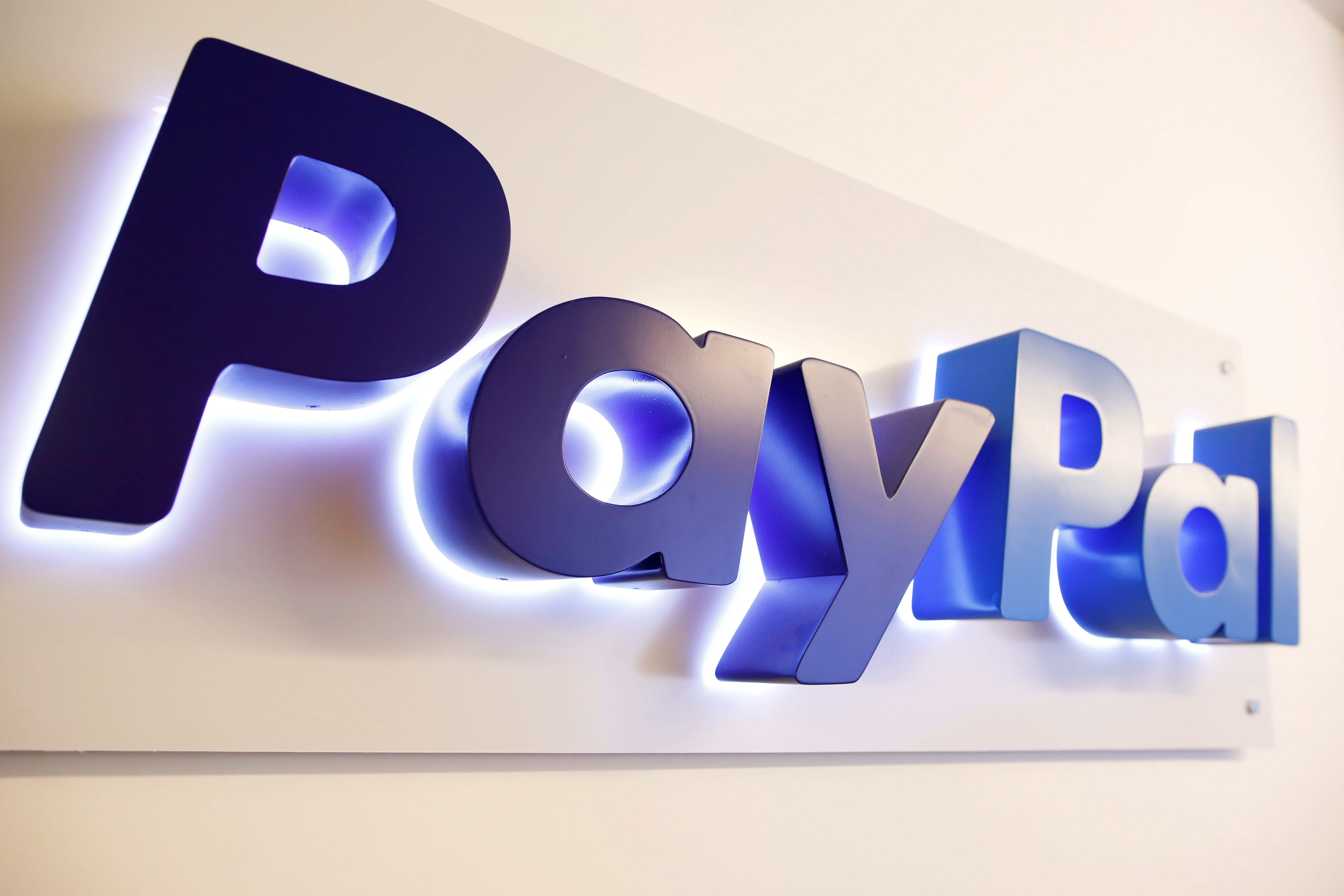Brexit: Paypal introduces new fees between UK and EU
The new fees will come into effect in November, PayPal has said

PayPal is increasing fees that will affect business with the EU – British companies will be charged a 1.29 per cent fee for payments from the European Economic Area (EEA) and vice versa.
Most businesses currently pay a 0.5 per cent fee for similar charges, a figure that has remain unchanged since before the UK left the EU customs union and single market.
PayPal said it is incurring extra costs such as the rising interchange fees between the UK and EEA as European rules capping debit and credit card interchange fees at 0.3 per cent and 0.2 per cent, respectively, no longer apply to UK businesses.
Visa and Mastercard have announced that such fees will be increased fivefold from mid-October.
Most businesses can expect their current 0.5 per cent charge raised to 1.29 per cent, which is still lower than PayPal’s standard 1.99 per cent fee for the rest of the world.
PayPal said the move will help “simplify” its cross-border fees.
“In a highly competitive market, this will make it easier for these businesses to compare PayPal’s pricing with that of other providers and to better appreciate the value we provide,” it said.
The new charges will apply to all of the UK, including customers in Guernsey, Jersey, Gilbraltar and the Isle of Man.
The tech giant announced last month that it would also accept Bitcoin and customers in the UK are now able to use PayPal to buy, hold and sell cryptocurrency, with investments starting at £1.
The Federation of Small Businesses told BBC News that any rise in payment would be “unwelcome news” for small businesses and entrepreneurs.
“Since the start of the year, around one in four small exporters have stopped exporting to the EU, citing amongst other reasons the costs involved in selling to EU-based customers,” vice chairman Martin McTague said.
“We need to see stronger support for small exporters from the government, including a relaunched SME [Small and Medium Enterprises] Brexit Support Fund and a reformed Tradeshow Access Programme,” Mr McTague said.
Join our commenting forum
Join thought-provoking conversations, follow other Independent readers and see their replies
Comments
Bookmark popover
Removed from bookmarks